Lawmakers break session; Group urges state to resume paroles
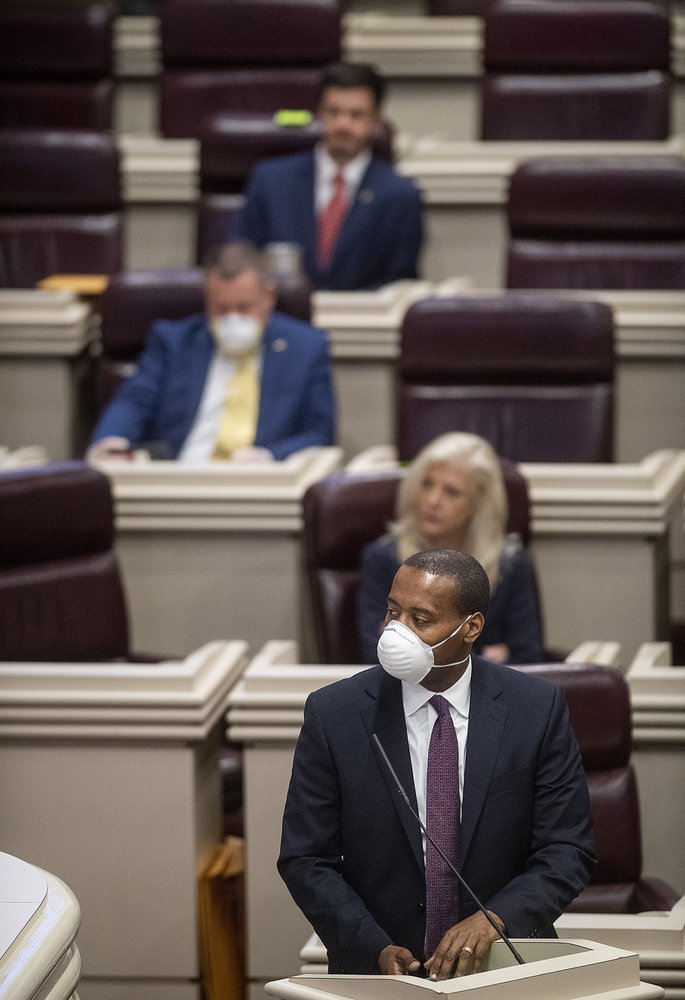
Lawmakers met briefly in Montgomery in order to approve the break until April 28.
Inside the Statehouse: The 1964 Goldwater landslide was the beginning of republican dominance of the south

Steve Flowers outlines the 1964 presidential election and its impact on contemporary Alabama politics.
State’s virus cases top 940; abortion clinics win in court
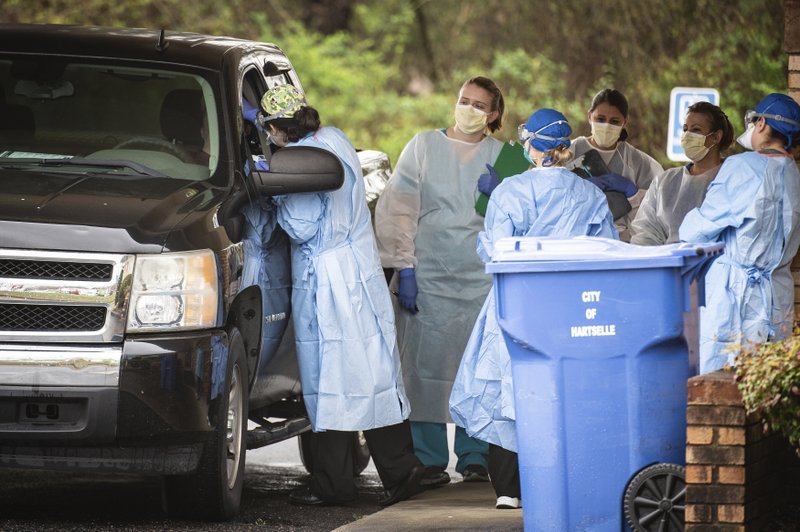
The official death count stood at six.
Alabama stay at home rules start quietly as virus cases rise
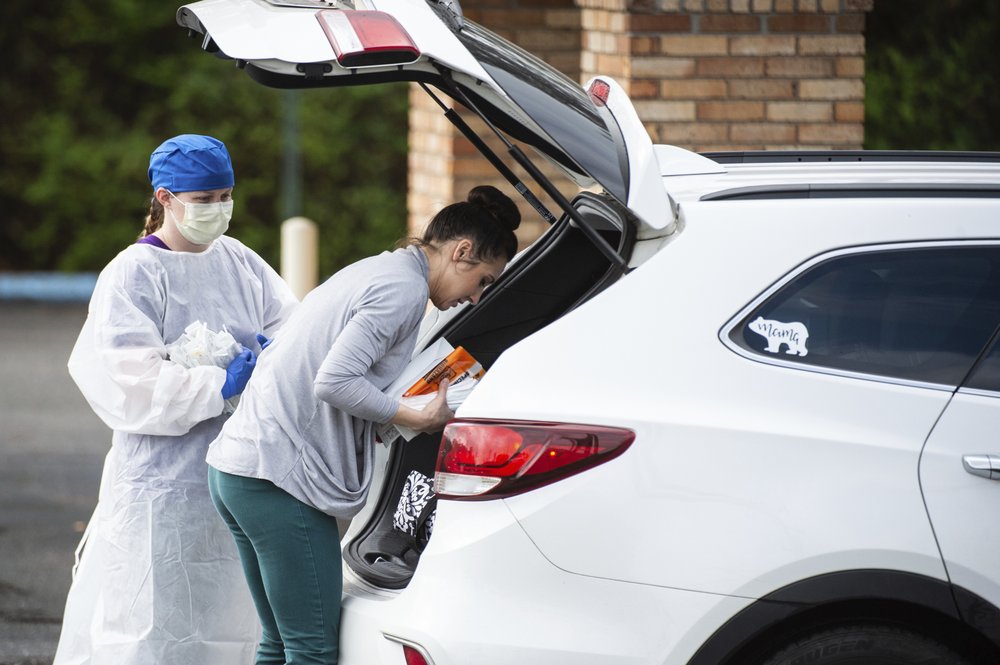
Kay Ivey’s stay at home order went into effect at 5 p.m. Saturday.
Kay Ivey closes non-essential businesses statewide through April 17
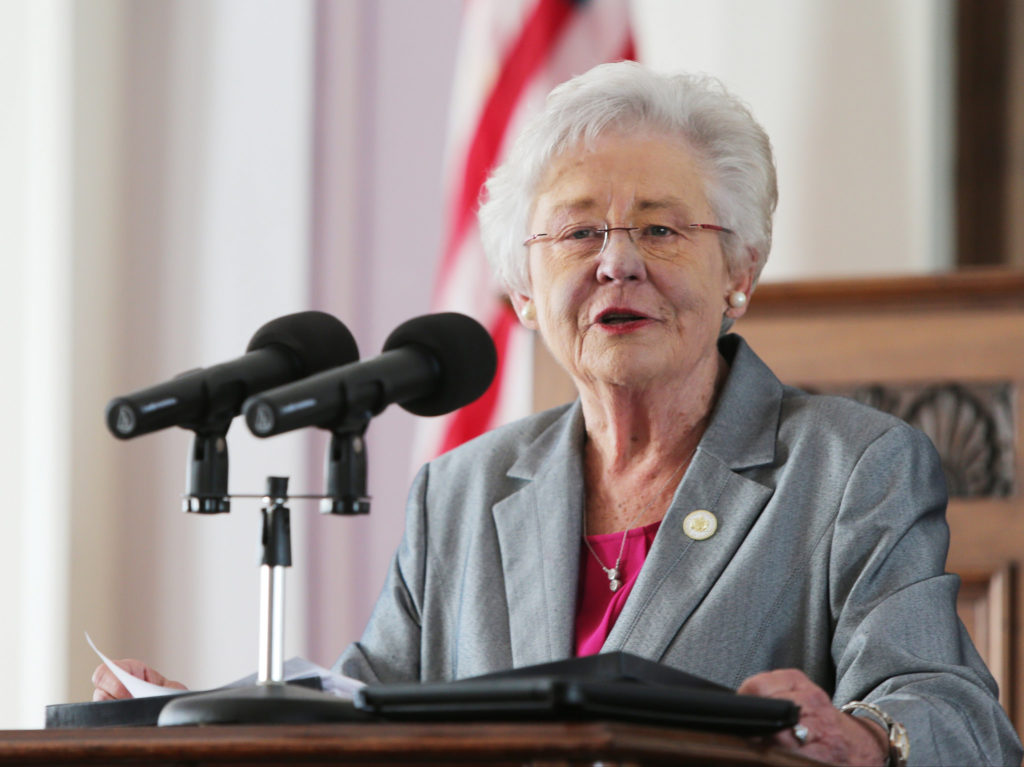
Friday morning the state of Alabama ordered all “nonessential” businesses to close until April 17 in order to help slow the spread of the novel coronavirus (COVID-19), becoming the latest in a growing number of states to order similar closures. Gov. Kay Ivey made the announcement during a news conference after the Alabama Department of Public Health confirmed more than 580 cases of COVID-19 and three deaths statewide. There, she explained that all non-work related gatherings of 10 people or more, or non-work related gatherings of any size that cannot maintain a consistent six-foot distance between persons, are prohibited in the Yellowhammer State. “This decision has not been made lightly, but has been made with a tremendous amount of concern and discussion,” said Ivey. “This is incredibly disappointing news to deliver, but this is a matter of life and death.” Ivey’s decision comes in the wake of her Lt. Gov. Will Ainsworth criticizing the state’s response to the virus. On Wednesday, Ainsworth sent a memo to Alabama’s COVID-19 Response Team in which he explained he does not believe the task force has taken a “realistic review” of what lies ahead and “doubts” the state’s preparations. The closures are scheduled to take effect on Saturday, March 28 at 5 p.m.
Alabama’s death toll from COVID-19 rises to 3
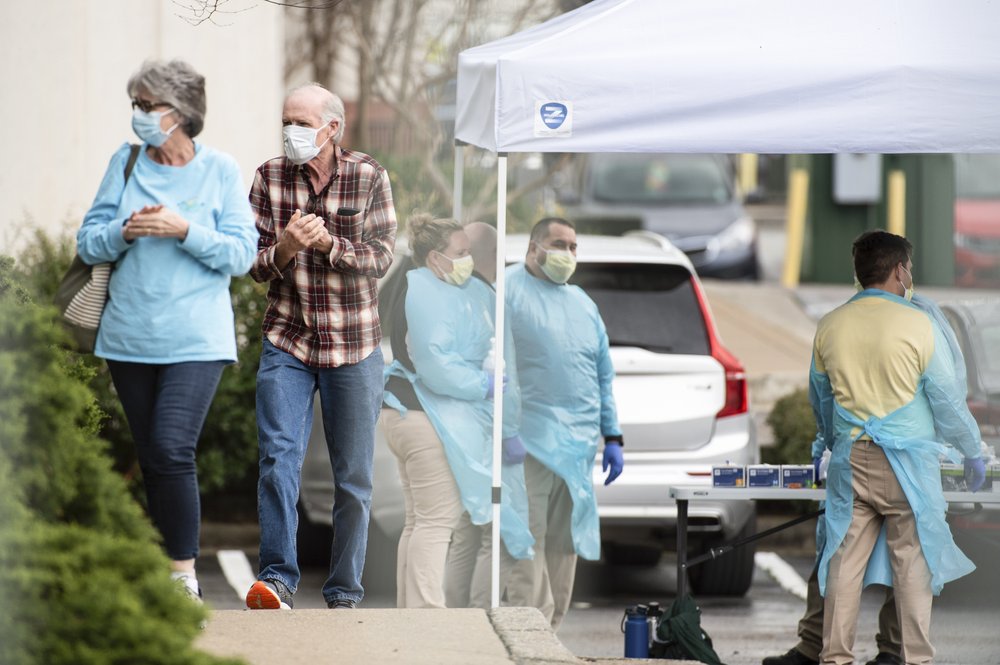
All the counties where deaths have occurred are in north Alabama.
Alabama schools to finish year through distance learning
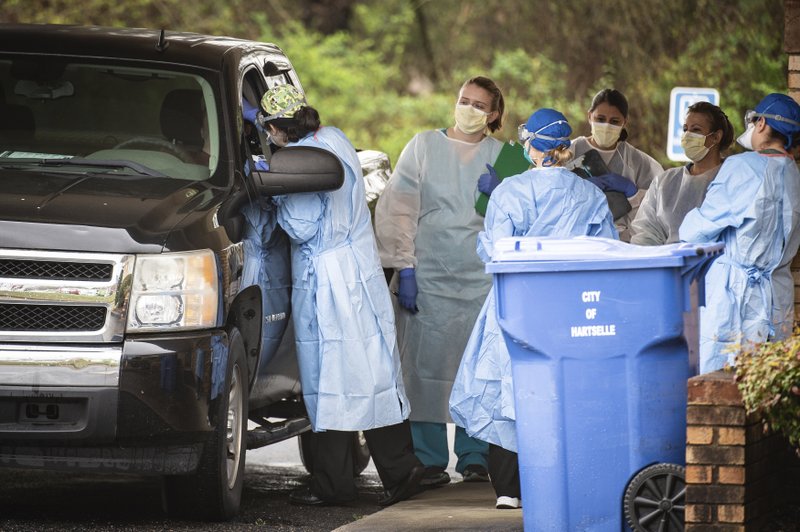
Kay Ivey, who had closed schools through April 5, said it became clear that schools cannot reopen yet.
Alabama K-12 schools to remain closed through academic year

All K-12 schools in Alabama will remain closed through the academic year, Governor Kay Ivey announced Thursday afternoon as the state took a dramatic step to stop the spread of coronavirus (COVID-19). Ivey announced the extension to a previous two-and-a-half-week closure as the coronavirus spreads across the state. Yellowhammer State students have already been out of school for over a week, as the state closed all K-12 schools on March 19. “We must be serious about eliminating this virus,” Ivey said during a press conference. Ivey’s announcement comes in the wake of the news that the state has topped 501 cases of the coronavirus, a day after the state reported its first death related to the disease. How schools will handle this unprecedented situation remains unknown. “Beginning at the start of school on April 6, 2020, all public K-12 schools shall implement a plan to complete the 2019-2020 school year using alternate methods of instruction as established by the State Superintendent of Education,” Ivey explained. Many schools are expected to move teaching online. School officials say the school year will now end on June 5th. Most schools in the state typically run through mid-May.
Coronavirus cases near 450 as first Alabama death reported

Kay Ivey and state health officials on Wednesday confirmed that a person in Jackson County died from the COVID-19 disease.
Will Ainsworth bravely questions Alabama’s coronavirus crisis response
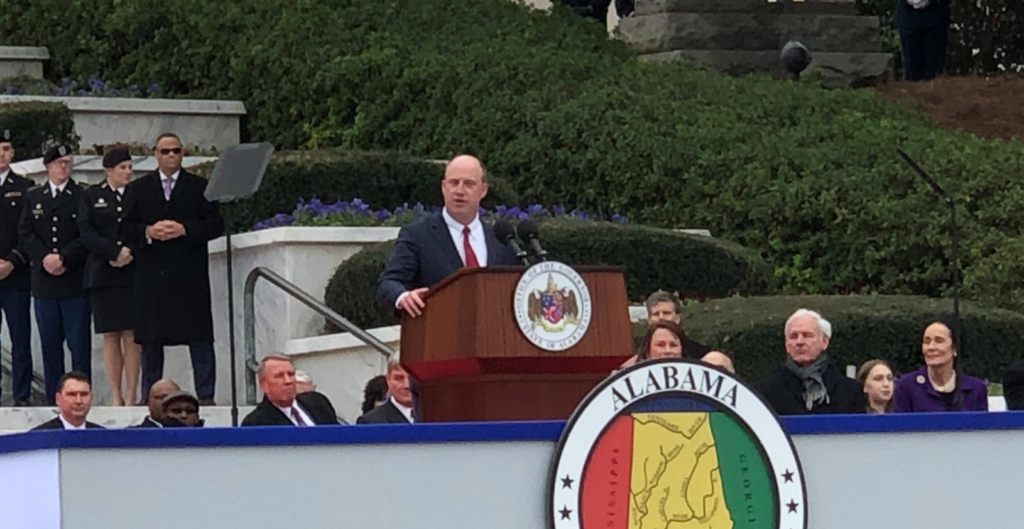
Governor Kay Ivey is facing criticism from within her own administration over what many are calling a ‘passive’ handling of the Chinese Coronavirus (COVID-19) pandemic. Lt. Governor Will Ainsworth on Wednesday sent a memo to Alabama’s COVID-19 Response Team in which he criticized the state’s response to the virus, explaining he does not believe the task force has taken a “realistic review” of what lies ahead and “doubts” the state’s preparations. “A tsunami of hospital patients is likely to fall upon Alabama in the not too distant future, and it is my opinion that this task force and the state are not taking a realistic view of the numbers or adequately preparing for what awaits us,” Ainsworth wrote in the memo. “Every health specialist with whom I have spoken is anxious about surge capacity and has expressed doubts about our preparations.” According to the memo, has spoken with officials at both UAB Hospital and Huntsville Hospital and had several discussions with Dr. Don Williamson, the former state public health officer and current president and CEO of the Alabama Hospital Association, and his staff in hopes of having a comprehensive statewide plan drafted that will help prepare for the impending spread of the virus. Ainsworth is calling on the task force to take a more proactive approach to the virus and make a plan now. “I believe that the public’s safety and simple common sense demand that we create a formal plan to double or even triple hospital capacity and also provide for adequate staffing levels. Even with the help of federal government and FEMA assistance, building capacity takes time, which is why we need to take action now,” he explained. “No one will ever fault us for being over prepared for the worst case scenario, but blame will be well deserved if we chose to wait for whatever comes and do nothing to prepare.” Read Ainsworth’s full memo below:
Alabama reports first coronavirus death as cases near 400
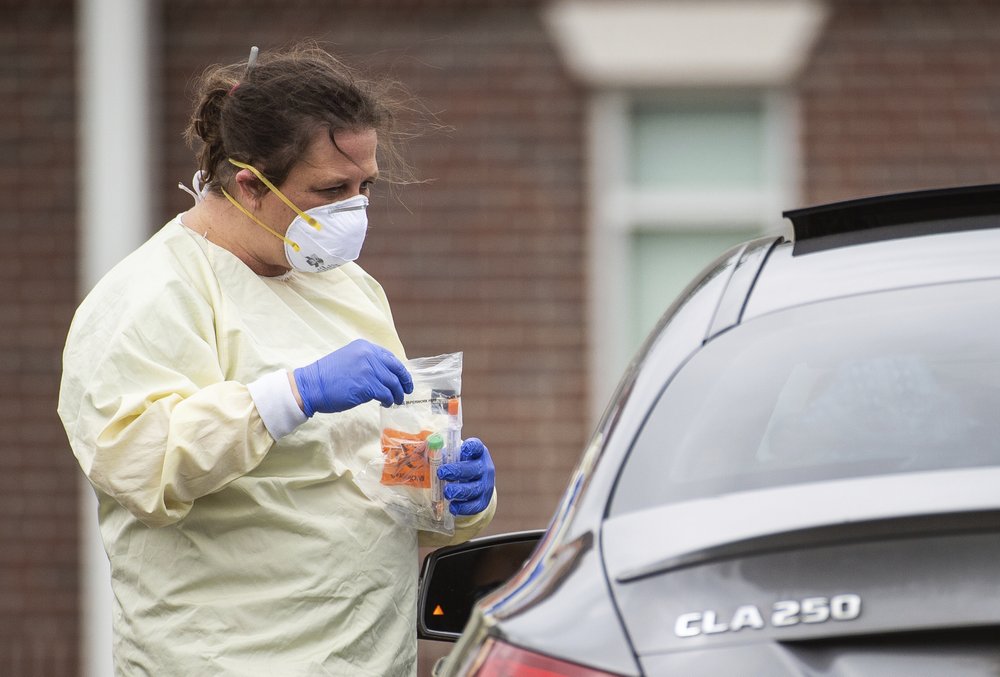
The patient had underlying health problems and passed away in a facility outside the state of Alabama.
Alabama unemployment claims skyrocket amid pandemic

Health officials have acknowledged the economic cost of mandatory closures.


